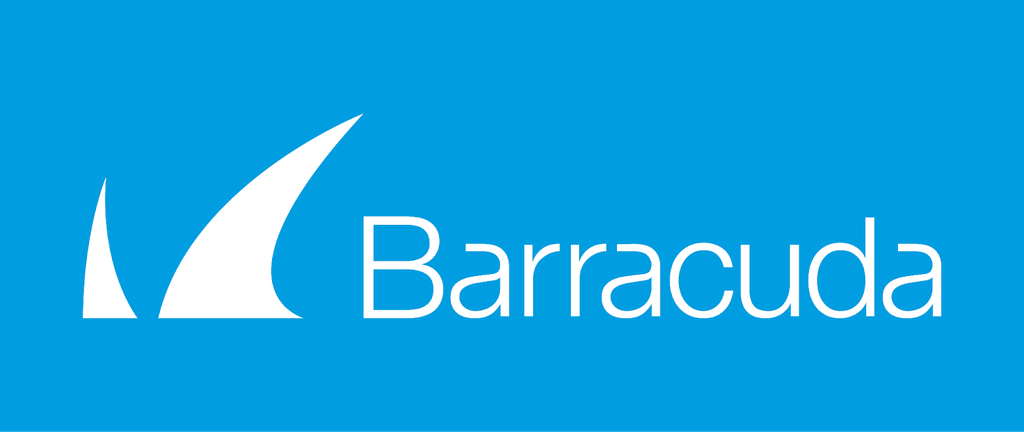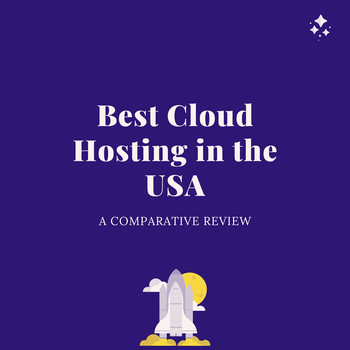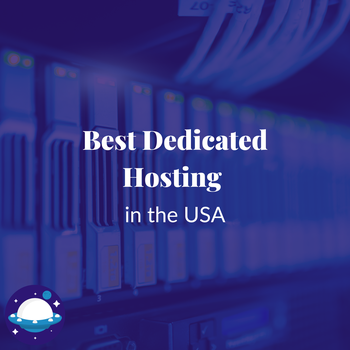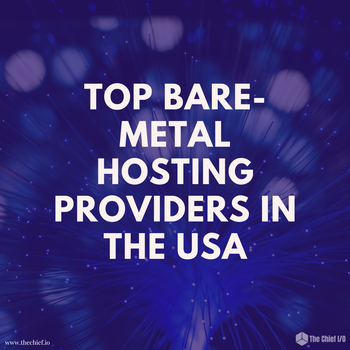Barracuda Employs Machine Learning in Guarding Against Evolving Threats
Cloud Application Protection 2.0 is equipped with automated, adaptive armor against unfamiliar threats with appropriate responses.
TL;DR
Barracuda Networks Inc. yesterday released a new version of its web security software, Cloud Application Protection 2.0. The Web Application and API Protection (WAAP) software has gained significant capabilities aided by machine learning to raise the bar of protection for the rapidly increasing digital community.

Key Facts
With machine learning, vulnerability checks and rectification, and advanced threat protection, Cloud Application Protection 2.0 delivers active threat intelligence.
The new version retains the same security engines in Barracuda Web Application Firewall and WAF-as-a-Service.
An auto-configuration and adaptation engine to deliver automatic airtight security changes to tackle evolving threats.
Details
The renowned provider of cloud security, Barracuda Networks Inc., headquartered in Campbell, California, United States, with data centers spread through 6 countries in the world, once traded on Nasdaq, with a cloud welfare product solely for securing website and web applications in Cloud Application Protection; has released a new version doctored on machine learning to deliver automated configuration and deter evolving and unknown threats in this rapidly populating digital ecosystem.
Barracuda Network has a massive reputation in the delivery of cybersecurity software and appliances. CAP is one of the pillars of this massive reputation, along with many other cloud welfare platforms spread across different portfolios – Email Protection featuring the Barracuda Total Email Protection, Application & Cloud Security featuring, Cloud Application Protection 2.0, Network Security featuring CloudGEN WAN, and Data Protection featuring Barracuda Backup.
Cloud Application Protection could be likened to Cloudflare’s Web Application Firewall, with its specialty in deterring malware and traffic to websites and Saas applications, with enough armor to defend APIs, including Barracuda WAF-as-a-Service platform, which is built on Microsoft Azure.
The new version comes with advanced capabilities that raise the level of web security. Organizations can now rest easy with an auto-configuration engine, client-side protection, and a containerized WAF nodes deployment ability platform around to handle their web security.
Cloud Application Protection currently employs machine learning, vulnerability checks and rectifications, and higher threat protection capacity to provide active threat intelligence delivering more robust protection.
Barracuda recently carried out a global survey on hundreds of IT security frontrunners on the most infamous challenges vectors. The results were bots, vulnerability detection, API security, and security derailing the speed of application deployments and supply chain attacks.
A major addition, the Client-side Protection covers the automated creation and deployment of firearms to intercept MageCart and other data skimming attacks that the Web Application Firewall cannot detect. Cloud Application Protection 2.0 not only provides protection but also notifies relevant parties of impending attacks.
Wikipedia defines Megacart as:
"A software used by a range of hacking groups for injecting malicious code into ecommerce sites to steal payment details. As well as targeted attacks such as on Newegg, it's been used in combination with commodity Magento extension attacks. The 'Shopper Approved' ecommerce toolkit utilised on hundreds of ecommerce sites was also compromised by Magecart as was the conspiracy site InfoWars."
Cloud Application Protection 2.0 retains Barracuda WAF and WAF-as-a-Service, but in container form, fitting the popular trend of containerized application deployment. Barracuda WAF and WAF-as-a-service can now easily protect containerized applications.
Cloud Application Protection 2.0 also incorporates Active Threat Intelligence, a cloud-native machine learning enhancement that autonomously evolves its threat intelligence capabilities.
Another notable addition is the Auto-Configuration Engine. Subscribers now have a reliable automated system that tracks traffic patterns using machine learning and providing adjustments to improve security preferences.
Get similar news in your inbox weekly, for free
Share this news:
Latest stories
Best Cloud Hosting in the USA
This article explores five notable cloud hosting offers in the USA in a detailed way.
Best Dedicated Hosting in the USA
In this article, we explore 5 of the best dedicated hosting providers in the USA: …
The best tools for bare metal automation that people actually use
Bare metal automation turns slow, error-prone server installs into repeatable, API-driven workflows by combining provisioning, …
HIPAA and PCI DSS Hosting for SMBs: How to Choose the Right Provider
HIPAA protects patient data; PCI DSS protects payment data. Many small and mid-sized businesses now …
The Rise of GPUOps: Where Infrastructure Meets Thermodynamics
GPUs used to be a line item. Now they're the heartbeat of modern infrastructure.
Top Bare-Metal Hosting Providers in the USA
In a cloud-first world, certain workloads still require full control over hardware. High-performance computing, latency-sensitive …
Top 8 Cloud GPU Providers for AI and Machine Learning
As AI and machine learning workloads grow in complexity and scale, the need for powerful, …
How ManageEngine Applications Manager Can Help Overcome Challenges In Kubernetes Monitoring
We tested ManageEngine Applications Manager to monitor different Kubernetes clusters. This post shares our review …
AIOps with Site24x7: Maximizing Efficiency at an Affordable Cost
In this post we'll dive deep into integrating AIOps in your business suing Site24x7 to …
A Review of Zoho ManageEngine
Zoho Corp., formerly known as AdventNet Inc., has established itself as a major player in …













